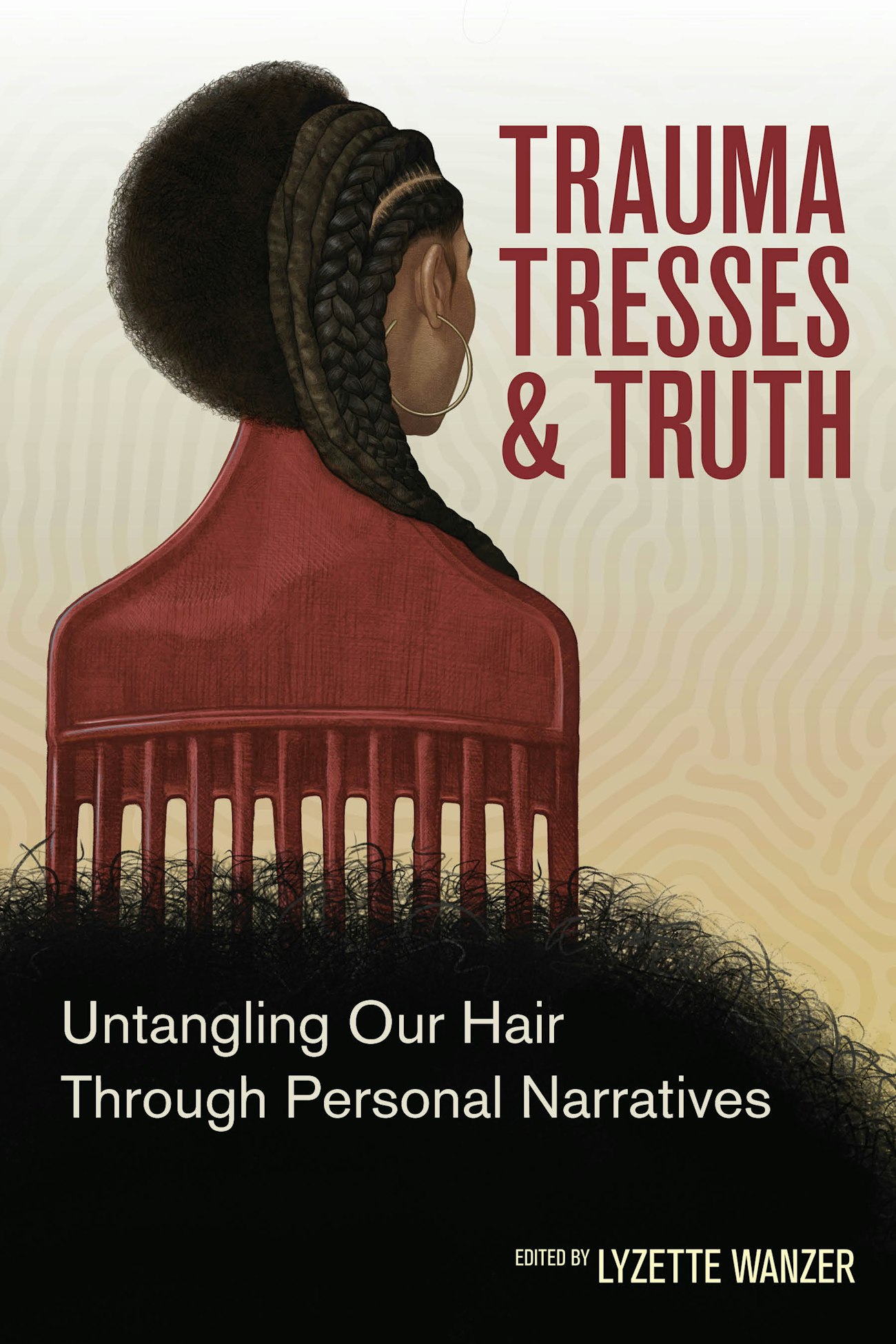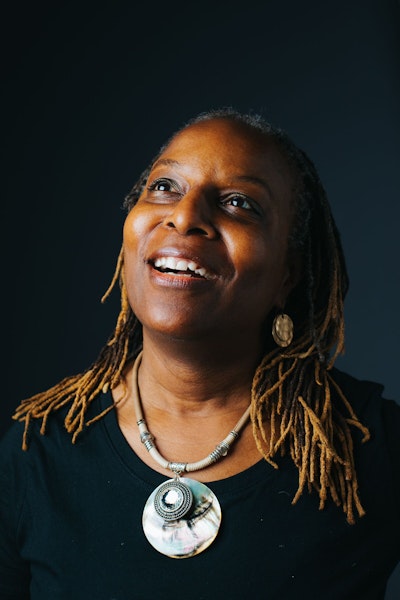Trauma, Tresses, & Truth: Untangling Our Hair Through Personal Narrative
TT&T is an anthology of African American & Afro Latina authors relating their true, often shocking encounters while wearing natural hair (Chicago Review Press 2022). The related 2023 conference is Aug. 9-11! Visit the 2024 conference project for more information.
- Literary Arts ,
- Social Justice ,
- Arts & Culture

Interested in the project? Keep up with updates from Lyzette
-
-
-
-
-
-
